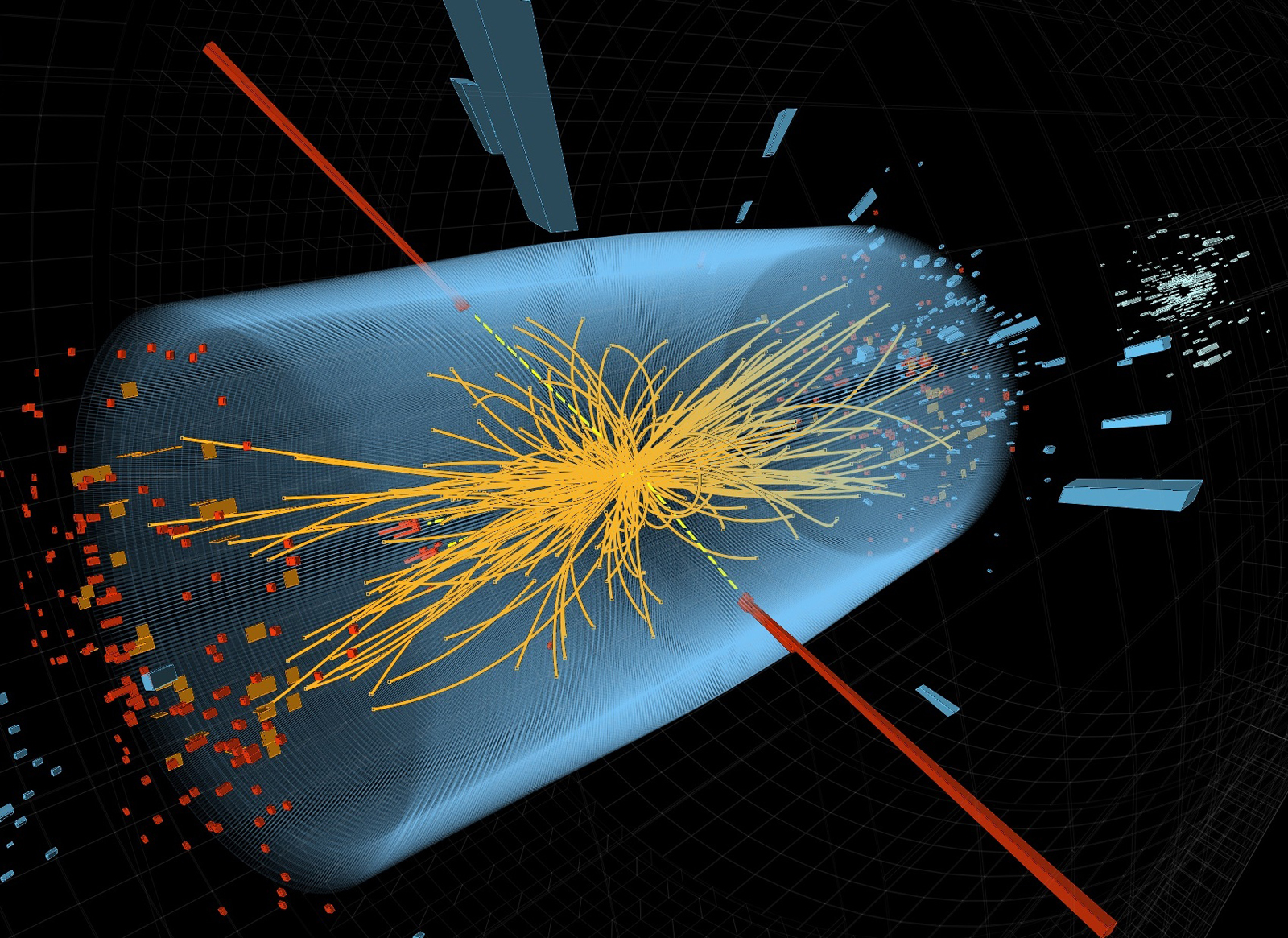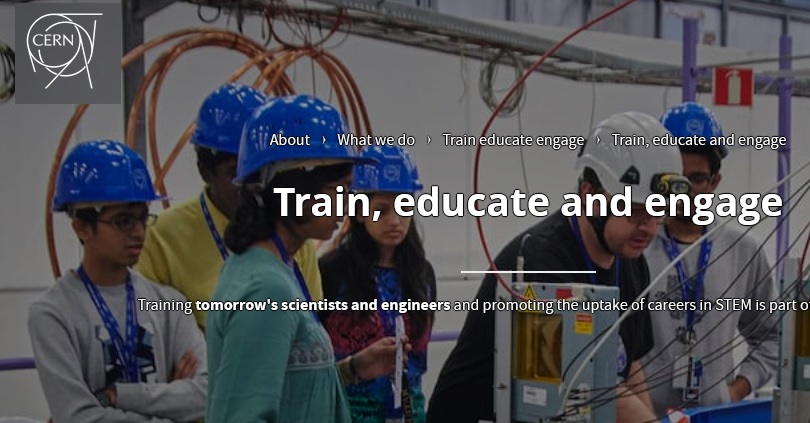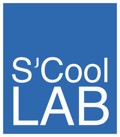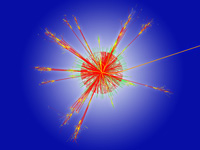Taking a closer look at LHC
The HST Programme is funded by CERN and is organised in the context of the educational outreach programme of the Directorate Services Unit Education Group.
Since 1998, CERN has been organising a yearly 3-week summer residential programme for high school physics teachers throughout the world. It's an opportunity for physics teachers to meet, network, and update their knowledge of particle physics, its associated technologies and related subjects. It also aims at providing teachers with the newest trends and directions of research in the area of physics.
| S’Cool LAB |
S’Cool LAB is a new CERN facility for teaching modern physics using hands-on experiments, aimed at high school students aged 16-19.
| National Teacher Programmes | |
| The National Teacher Programmes are held in the mother tongue language of the participants from CERN member states. |
|
|
Higher Education |
|
CERN also organizes programmes for university students and young post-graduates in the fields of particle physics, accelerator physics, and computing: CERN Summer Student Programme Schools of High Energy Physic CERN Accelerator School CERN School of Computing (CSC) CERN Academic Training Programme |
|
This program is organized by the European Particle Physics Outreach Group. Each year about 4000 high school students in 20 countries come to one of about 70 nearby universities or research centres for one day in order to unravel the mysteries of particle physics. Lectures from active scientists give insight in topics and methods of basic research at the fundaments of matter and forces, enabling the students to perform measurements on real data from particle physics experiments themselves. At the end of each day, like in an international research collaboration, the participants join in a video conference for discussion and combination of their results.
(*) For the bibliography used when writing this Section please go to the References Section
|
AUTHORS Xabier Cid Vidal, PhD in experimental Particle Physics for Santiago University (USC). Research Fellow in experimental Particle Physics at CERN from January 2013 to Decembre 2015. He was until 2022 linked to the Department of Particle Physics of the USC as a "Juan de La Cierva", "Ramon y Cajal" fellow (Spanish Postdoctoral Senior Grants), and Associate Professor. Since 2023 is Senior Lecturer in that Department.(ORCID). Ramon Cid Manzano, until his retirement in 2020 was secondary school Physics Teacher at IES de SAR (Santiago - Spain), and part-time Lecturer (Profesor Asociado) in Faculty of Education at the University of Santiago (Spain). He has a Degree in Physics and a Degree in Chemistry, and he is PhD for Santiago University (USC) (ORCID). |
CERN CERN Experimental Physics Department CERN and the Environment |
LHC |
IMPORTANT NOTICE
For the bibliography used when writing this Section please go to the References Section
© Xabier Cid Vidal & Ramon Cid - rcid@lhc-closer.es | SANTIAGO (SPAIN) |









